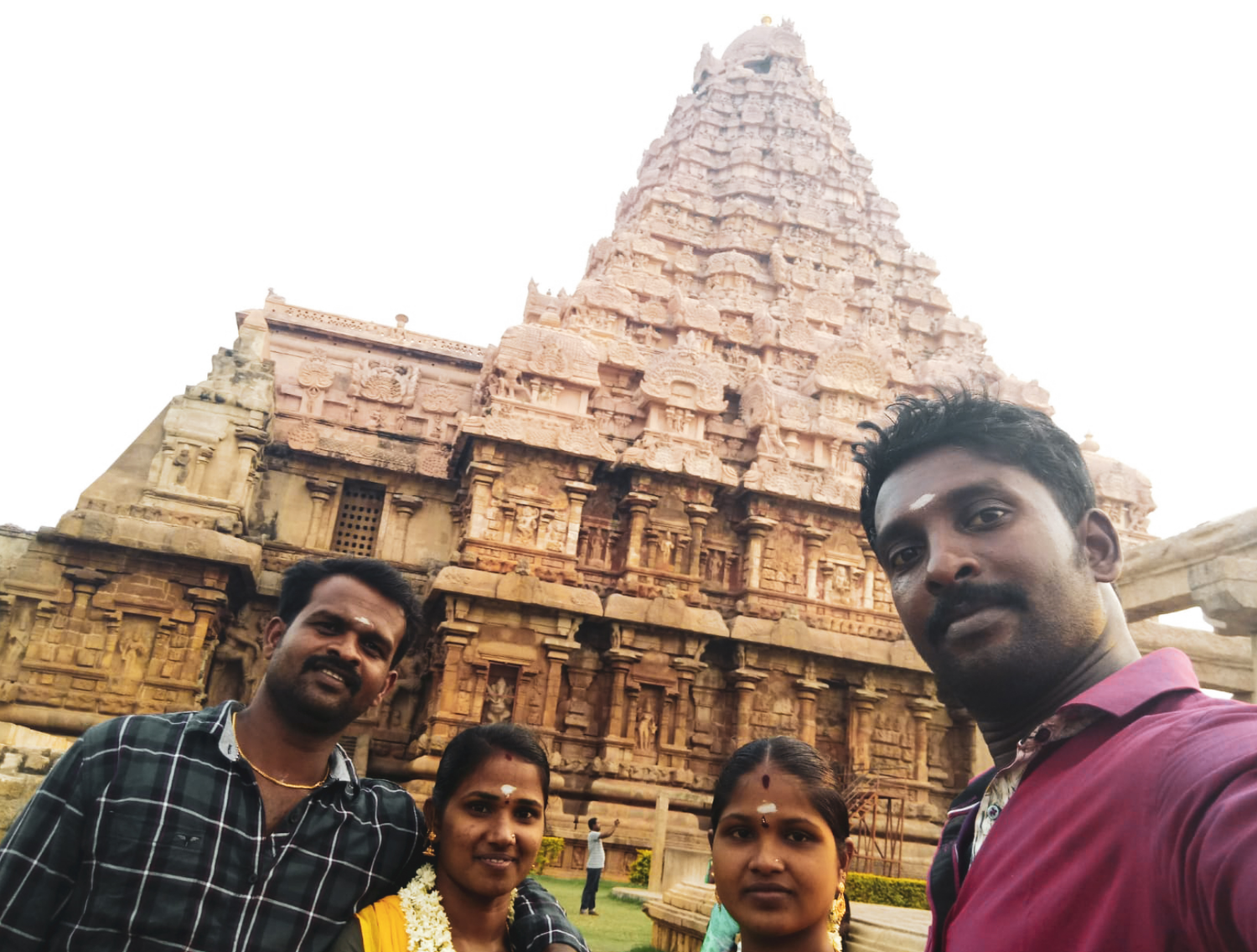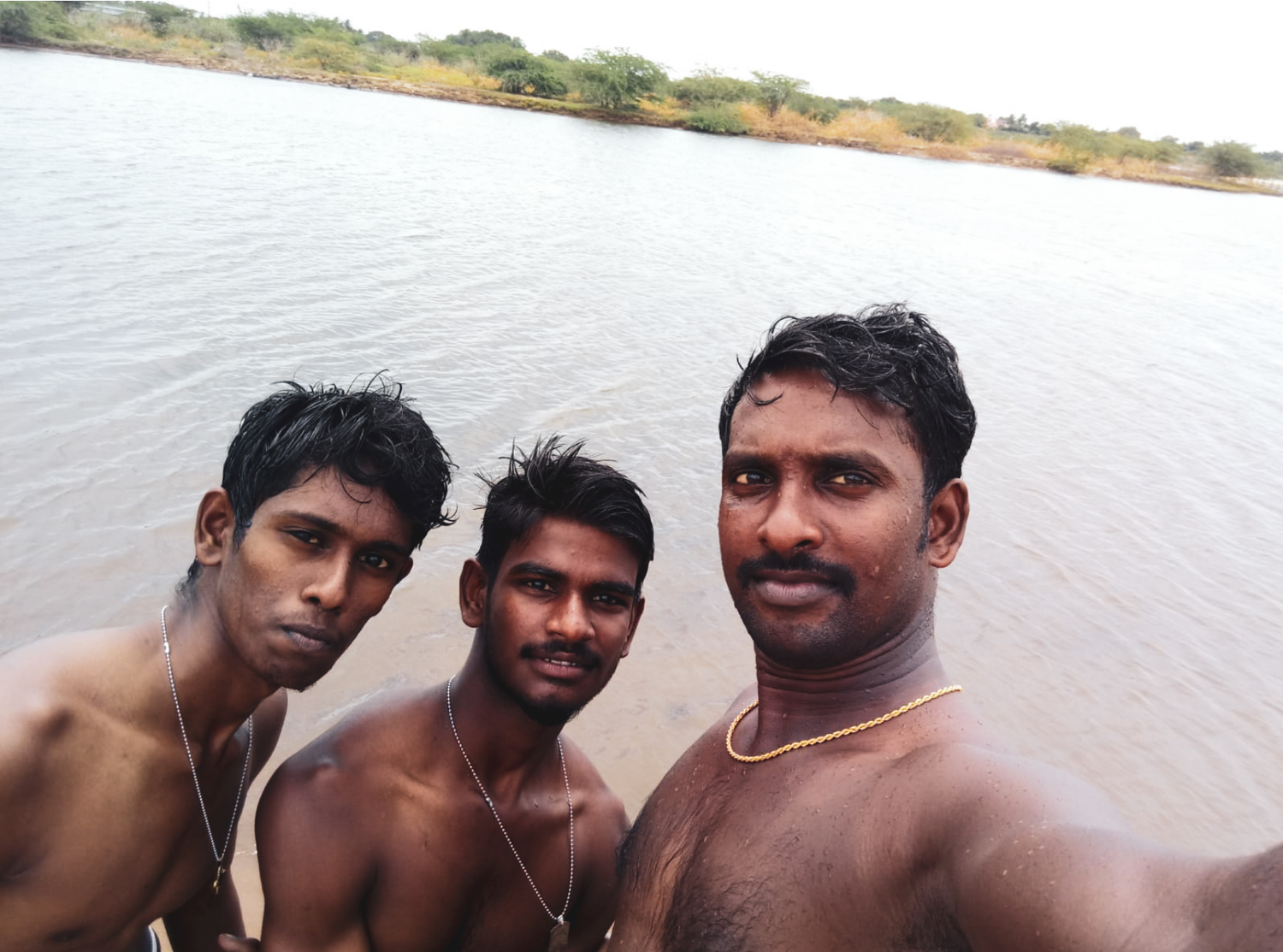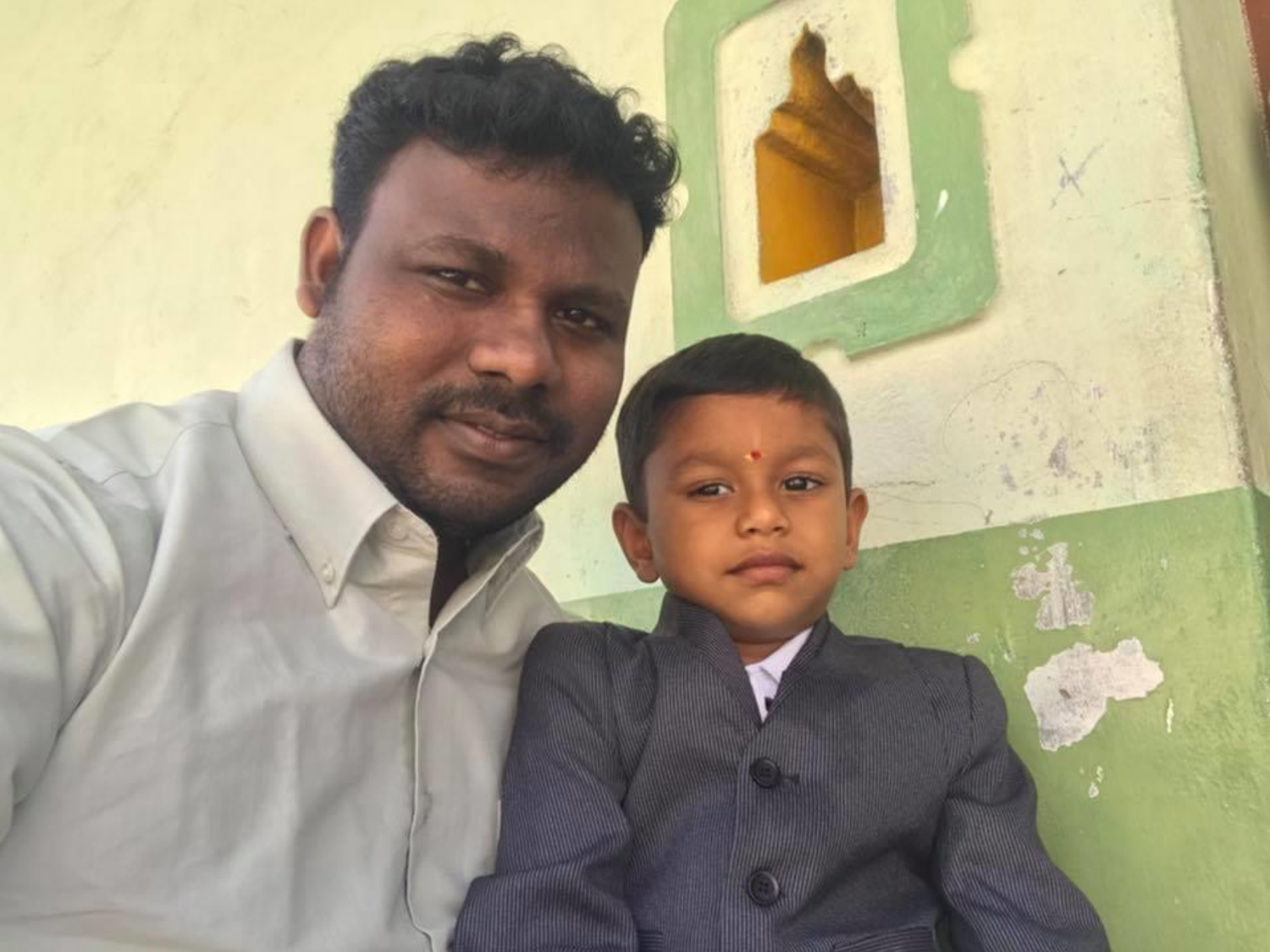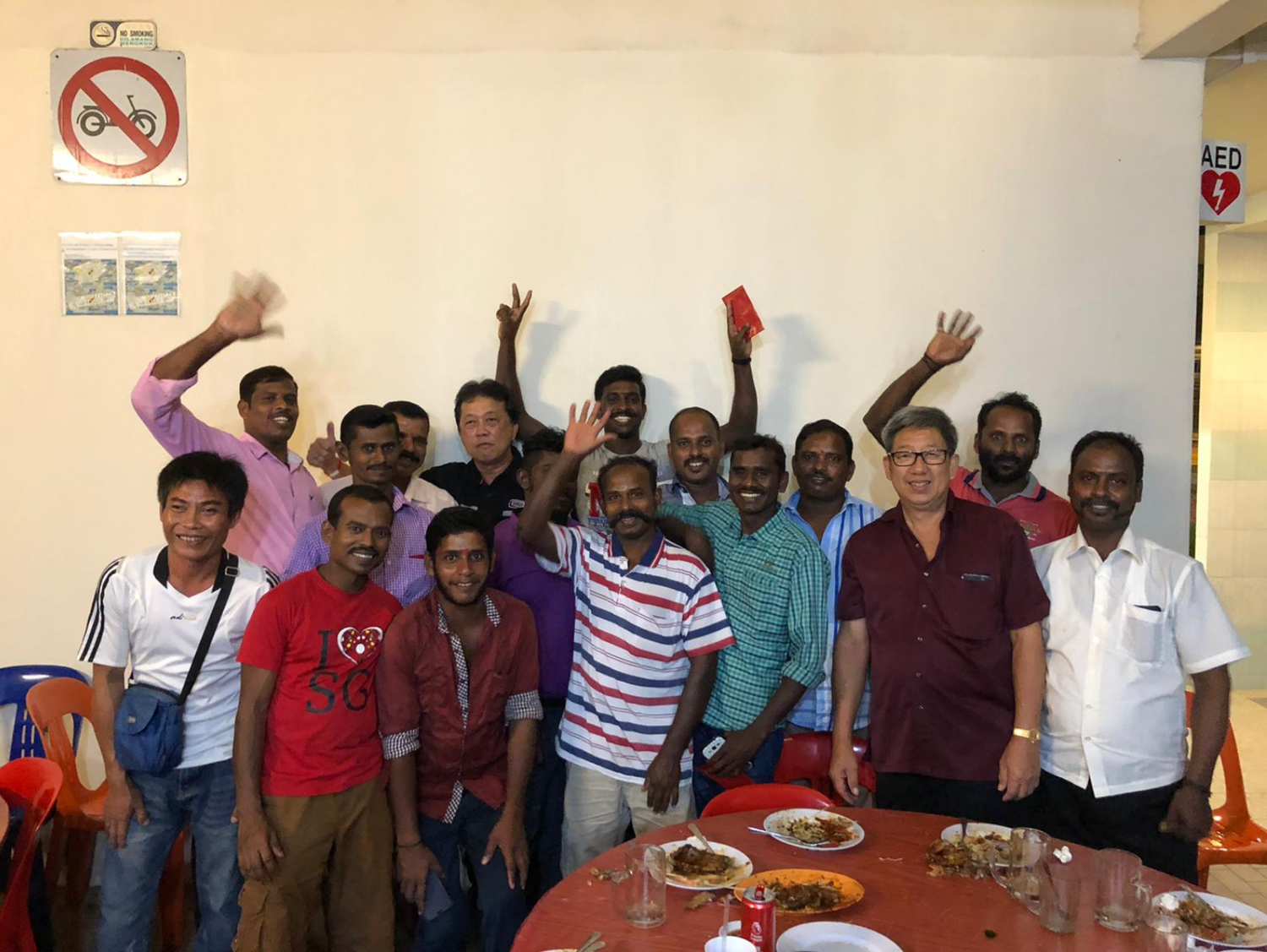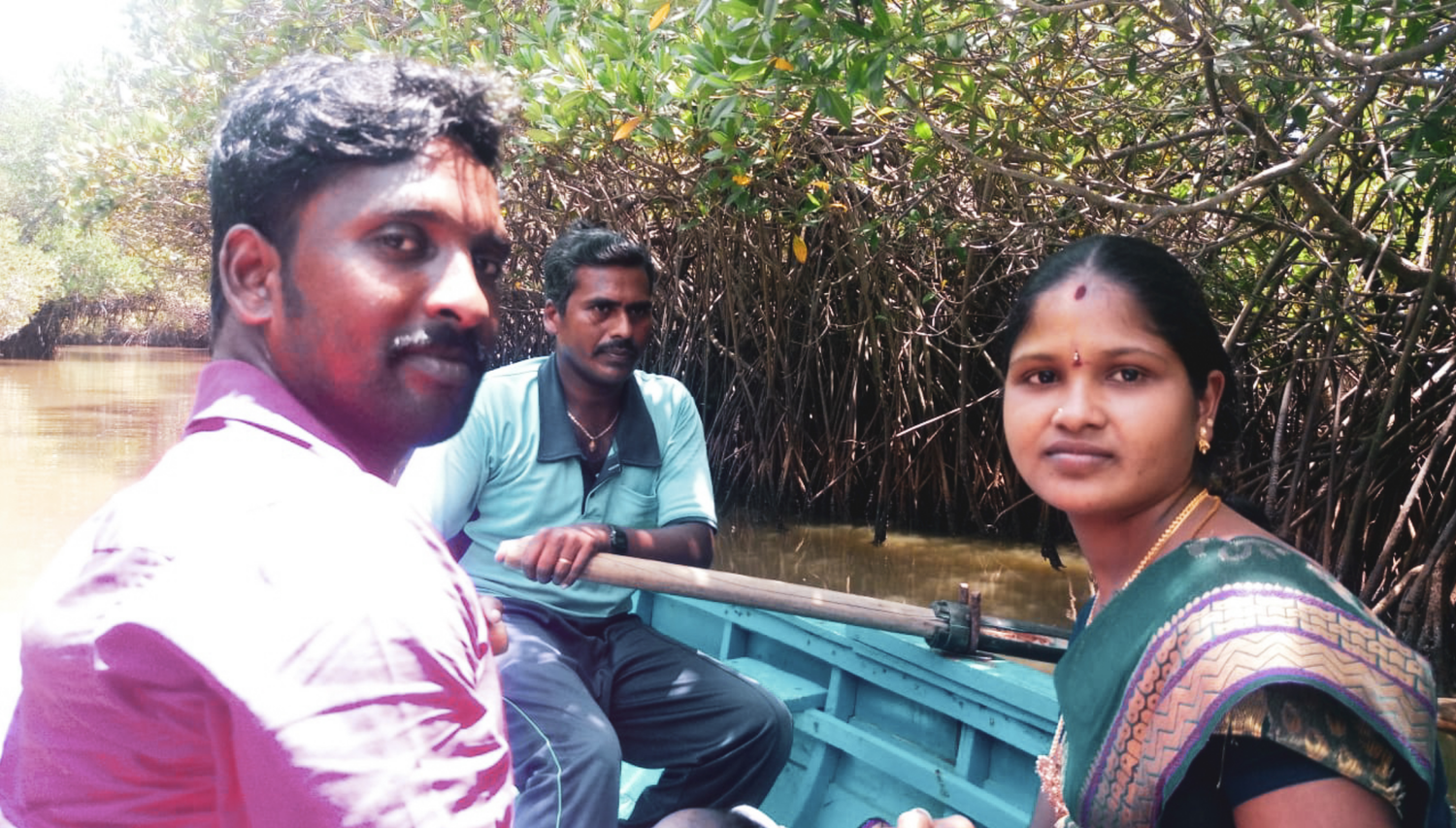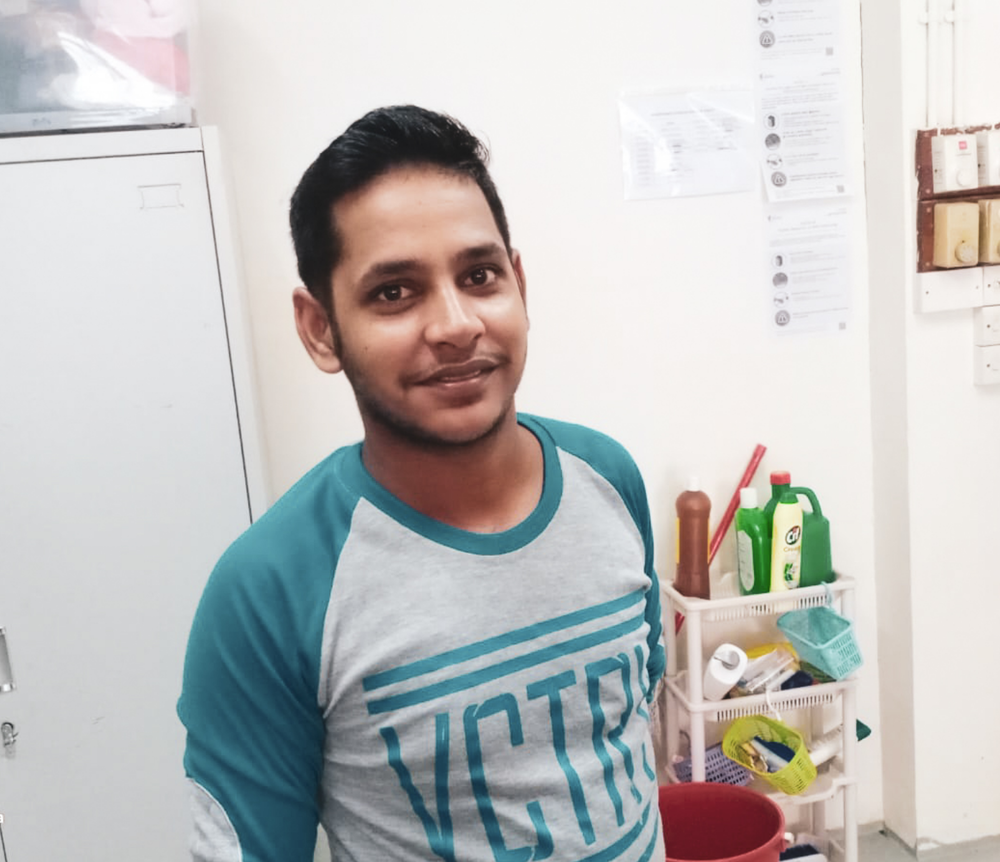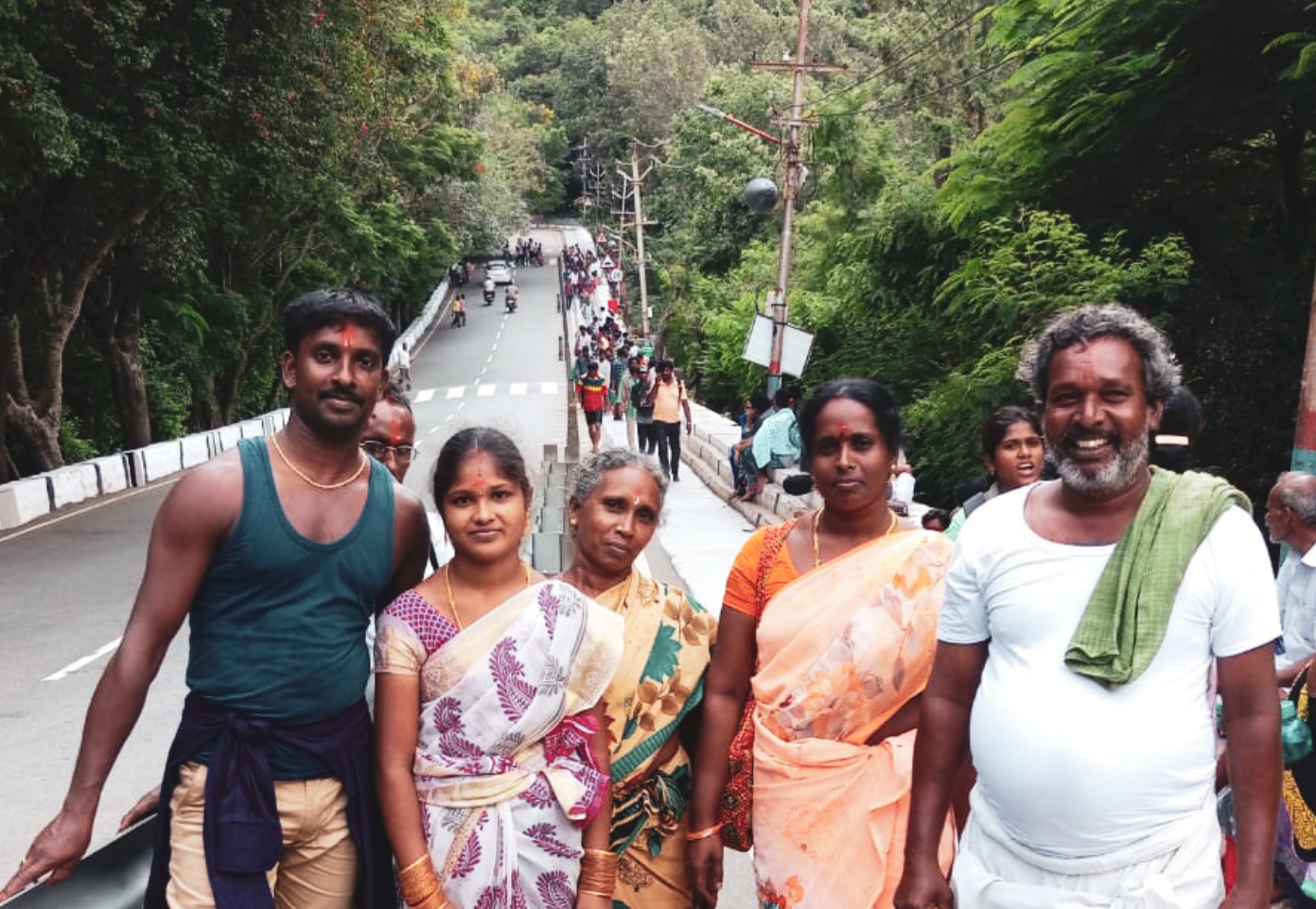LESSONS IN RESILIENCE: TRAVEL TALES FROM OUR MIGRANT WORKERS
This article was put together with the help of our past adventurer Uma Sivaguru, who translated the WhatsApp voice recordings sent by Moneh, Kalairaj and Saravanan.
Have you ever travelled for love?
Not to go to your loved one in a foreign land, but to go thousands of kilometres away from them?
For years at a time?
They have.
From left to right: Kalairaj, Moneh and Saravanan - three migrant workers in Singapore.
Like us, Singapore’s migrant workers are travellers too. They travel, but only to spend their lifetimes hustling here, laying down their dreams to give their families hope of a better life.
Whatever problems you’ve faced overseas - waves of homesickness, frustration when things go wrong, or feeling lonely in a new culture - they have too.
Now they’re far away from their families in a pandemic, crammed in with a dozen other men, their dormitories on lockdown. It’s been over a month and no one knows how long it’ll go on for. Still, they’re thinking positively and taking it one day at a time.
They’re the most resilient travellers we know. And they have lessons to share.
Snapshots of Moneh, Kalairaj and Saravanan’s lives in India and Singapore.
7 LESSONS ON BECOMING A RESILIENT TRAVELLER
1. Understand why you’re travelling. It gives you perspective when you feel homesick.
Kalairaj: Compared with other countries, you earn more in Singapore. I took a big loan to come here so I really want to work hard, save it all, and send it back home.
Moneh: My family in India are labourers, we build houses. I came to Singapore to earn more and make their life easier. When I was working in India, I did leave my hometown at times, so I’m used to being away. But coming all the way to Singapore, for 4 years at a time, that’s a different ballgame.
I can’t see them. I can’t hug them. I miss my family all the time, but I keep in mind my objective, the reason I left for Singapore. That makes me stronger.
Saravanan: I’m always thinking about home, but each time I send money back, I feel peaceful and happy.
Moneh and family. He also has a 2-year-old daughter (not in picture).
2. Find points of commonality. They make it easier to integrate into a new culture.
Moneh: I don’t feel like a foreigner because I can find common ground in Singapore. Because there are 4 different races here, and Indian is one of them, I can speak the language (Tamil) and feel like I’m a part of Singapore.
3. When making friends from other cultures, empathy and understanding are your superpowers.
Moneh: It’s part and parcel of life to meet various types of people. There’s no issue living with people of different cultures at all. If you want to, you will find means to adapt to their cultures and somehow communicate.
Kalairaj: There are 16 people in our room. It can be difficult because we’re from different cultural backgrounds and we work for different companies. Some only return at 10pm, while others go to sleep at 10pm. While you sleep, others may be showering or eating, with lots of disruption. But we get along no matter what.
We came here with the same objective, to earn money for our families. Our pain is the same. So we support each other.
Moneh and migrant worker friends at the Singapore Zoo, on a rare outing in 2019.
Moneh: We’re very close, and we’re even closer now because we’re all together in this lockdown. I feel lucky to have them. We do exercises to keep ourselves busy, and play little games we used to play back in our childhoods in India.
4. Think positively even when things go wrong.
Saravanan: The COVID-19 situation is challenging, but the government and Singapore people have put in a lot of effort to care for us.
Kalairaj: I’m proud to be here, fighting COVID-19 together with Singapore.
Moneh: One thing that COVID-19 taught me, is to differentiate between what’s necessary and what’s not. I used to buy many things. I took them for granted as necessities. Now that we’re in a lockdown and I can’t have them, I save a lot of money. And I’ve realised they weren’t necessities. The only necessary things are food and toiletries.
5. Understand that there will always be locals who make you feel welcome, and locals who don’t.
Saravanan: There are still those who look at me in a certain way, but there are also good ones.
Moneh: Sometimes when people see us working very hard, they’ll buy food for us or ask about us. Majority of them do care for us and treat us properly. Some don’t, but you can’t base it all off the bad apples.
Migrant workers at work in Singapore. Credit: CNA
6. Communicate regularly with your loved ones, they miss and worry about you.
Moneh: It’s upsetting because my family knows there’s a situation with the dormitories in Singapore, and they’re very worried I’ll get COVID-19. They keep asking me to come home. But if I do, there are lots of restrictions that’ll stop me from coming back to work in SIngapore.
I tell them it’s much safer in Singapore than anywhere else, including India. The government will take care of us here.
7. Remember that it’s a privilege to be travelling for fun.
Moneh: I’ve been away for 12 years now. The young kids and newcomers in my village don’t know me. They think I’m the newcomer. I feel like a foreigner in my own village.
I love Singapore, but given the choice, I wouldn’t have come. It would have been better to get a good education and optimise opportunities available in India. My father was sick, so I had to drop out of school and make money for my family. I’m earning more now, but I’ve lost so many moments I can never get back. So many memories I’m not part of.
Moneh and extended family at Silver Beach, Tamil Nadu, India.
Kalairaj: My son is 6 and my daughter is 3. It’s hard being so far away when they celebrate Diwali. It’s hard missing milestones in their lives, and just watching them grow up.
It’s been 15 years since I first came to Singapore. I keep in mind my objective, to earn money and make their lives better, and that keeps me going. But the feelings don’t change, no matter how many years it’s been.
Saravanan: It’s been 3 years. I miss them everyday.
Beyond COVID-19: Circuit Breaker Stories are about how we’re coping, individually and collectively, during this period. We may be weathering the same storm, but we’re not all in the same boat.There are almost 1 million migrant workers in Singapore. They’ve traveled far to help build our nation, and are estranged from their families in this time. Many are enduring a full lockdown. Yet they’ve risen to the challenge with resilience, positivity, and selflessness. Aren’t we lucky to have such heroes as our guests?
Let’s reflect on how we’ve treated them. Let’s think about what we can do better. Let’s speak up about exploitation and abuse in the construction industry, volunteer to be migrant worker befrienders, and offer warm smiles when we see them around.
We’ll emerge from the circuit breaker before they resume work, so let’s get ready for our guests first.
We want to make them feel at home.
If you would like to donate to our migrant friends in this time:
COVID-19 Migrant Support Coalition (CMSC)


